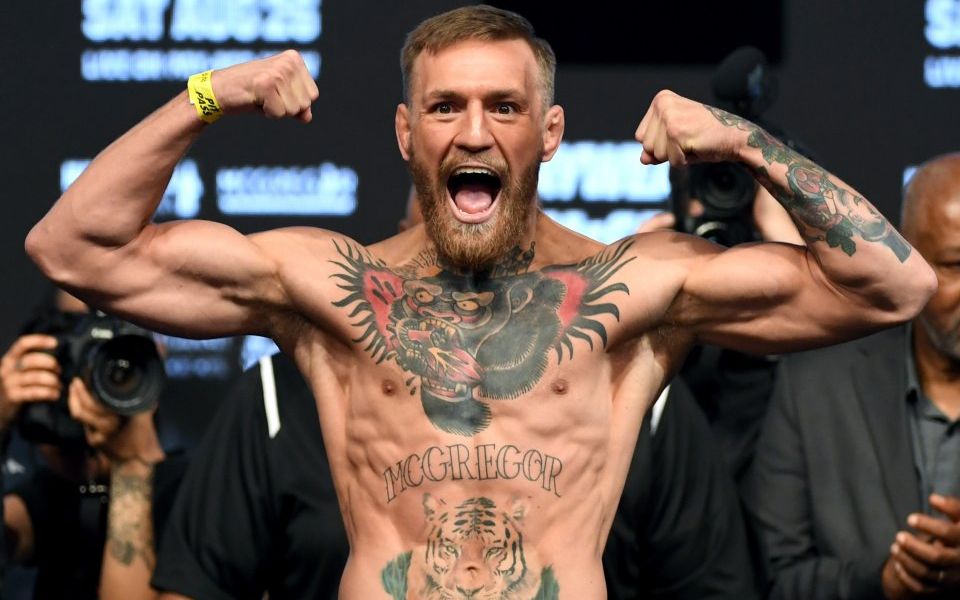Legal Q&A: Why Conor McGregor, Reebok and a Dutch fashion house clashed over a trademark

Two trademark experts examine the recent dispute involving MMA superstar Conor McGregor, sportswear brand Reebok and a Dutch fashion house.
What has happened with Reebok and Conor McGregor?
A Dutch fashion house called McGregor owns a registered EU trademark for ‘McGREGOR’ which gives it the right to prevent others from using the mark on clothing throughout the European Union.
Adidas subsidiary Reebok, which has a deal with the Irish fighter, used ‘CONOR McGREGOR’ on sports clothing in such a way that it incurred the wrath of the Dutch company, which asked it to stop.
What did Reebok do wrong?
Reebok started well: it had a deal with McGregor that his full name – CONOR McGREGOR – could be used on sports clothing.
The clothing does feature ‘CONOR McGREGOR’, but the problem was that ‘McGREGOR’ was very, very much larger than ‘CONOR’.
This led the Dutch company to claim that the trademark ‘McGREGOR’ was being infringed, that the public would believe that the clothing made by Reebok came from the fashion house McGregor.
Reebok was asked to stop. It did not.
What was the outcome of the case?
The District Court in The Hague has now ordered Reebok to cease selling clothing – specifically hooded sweatshirts, shorts and jerseys – where the name ‘McGREGOR’ is very much larger than ‘CONOR’.
Reebok was also told to withdraw the unsold ‘McGREGOR’ branded clothing products from the European market within seven days.
A failure to comply with the decision would leave the Adidas subsidiary open to a substantial fine.
Further, as the losing party in the proceedings, Reebok were ordered to contribute €15,700 towards McGregor’s legal fees in bringing the action against them.
What does it mean for the future?
The ‘McGREGOR’ decision shows that even large brand owners such as Reebok can be caught out when it comes to using trademarks, even if they think they have a deal.
Had Reebok used the words Conor McGregor in the same size, or near enough, it might not have found itself on the wrong end of the District Court’s decision.
It may make other sports brands and other companies who agree merchandise deals with stars more alert to trademark matters in the future.
The case is also a reminder that a trademark search beforehand can help avoid this type of situation.